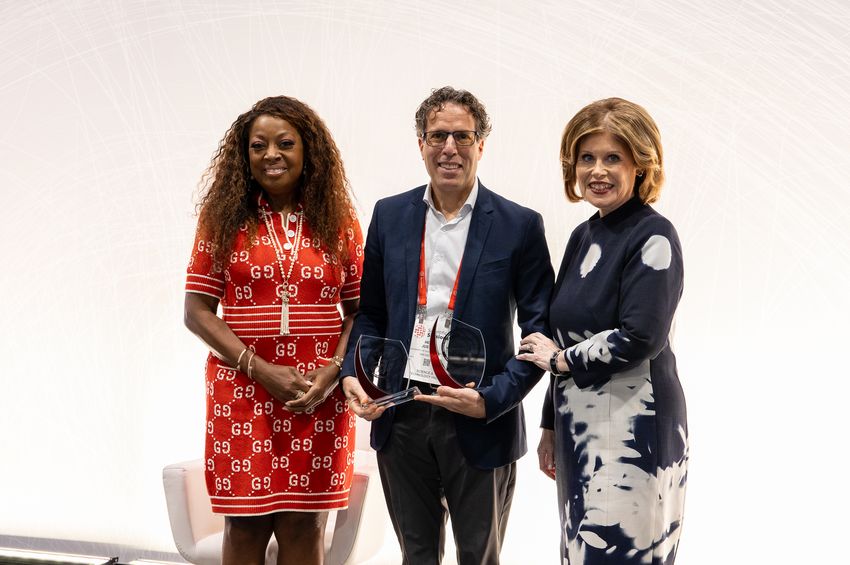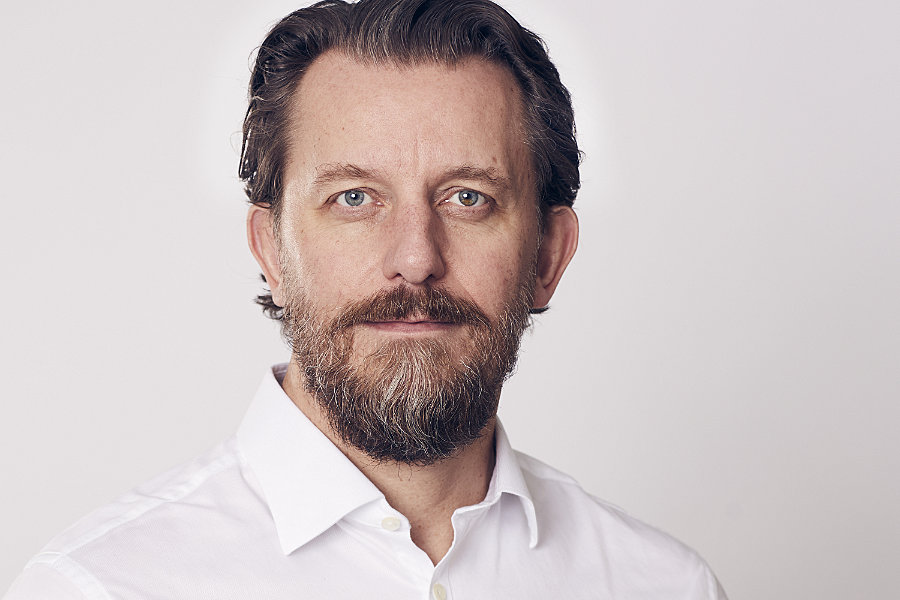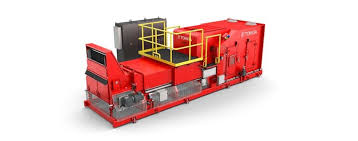Cash from away: CoLab raises $72-million as hot St. John’s tech scene draws global investors

CoLab co-founders Jeremy Andrews, left, and Adam Keating, right. The company has announced a $72-million venture capital financing led by Intrepid Growth Partners.Supplied/CoLab
Adam Keating and Jeremy Andrews thought they’d end up working in Silicon Valley after graduating from St. John’s-based Memorial University, particularly after doing co-op placements with innovative U.S. companies such as Tesla Inc.
Then the mechanical engineering students participated in the SpaceX global Hyperloop Pod vehicle design competition in 2017. Their team came second. While working on the project, they became frustrated by gaps in computer-aided design and product life-cycle management software they used that dragged on development timelines.
Things were no different at Tesla, or anywhere else. “We both realized we wouldn’t be happy spending the next 35 years of our careers working that way,” Mr. Keating said in an interview. “We were motivated to fix that.”
So, they built a software company to address the problem – not in the San Francisco Bay Area, but near Conception Bay, in St. John’s. After doing so well in the Hyperloop contest, “we started to realize it didn’t really matter where we were, it was more about, ‘Do we have the drive and the right people?’” Mr. Keating said.
Now, eight years after coming from away to their home province, their CoLab AI Inc. is one of Canada’s fastest-growing technology companies, with revenue growth of more than 1,700 per cent over the past three years. (Mr. Keating is chief executive officer and Mr. Andrews is chief technology officer.) CoLab has 165 employees, recurring annual revenues of between US$15-million and US$30-million, and hundreds of global clients including Ford Motor Co., Lockheed Martin Corp., GE Appliances and Johnson Controls International PLC.
On Monday, CoLab announced a US$72-million venture capital financing led by Intrepid Growth Partners, an artificial intelligence-focused fund founded by former Canada Pension Plan Investment Board chief executive Mark Machin, and backed by existing U.S. investors Insight Partners, Y Combinator and Spider Capital, plus Atlantic Canadian financiers Killick Capital and Pelorus Venture Capital. Roughly two-thirds of the amount, C$77-million, went to CoLab, and the balance to buy shares from early investors. The deal values CoLab at roughly US$500-million.
Mark Machin, former CEO of CPPIB, pictured in 2016. Mr. Machin co-founded AI-focused growth fund Intrepid Growth Partners, which has invested in three Canadian companies, including CoLab.Adrian Wyld/The Canadian Press
St. John’s may be far from Canada’s tech capitals of Toronto, Waterloo, Ont., Montreal and Vancouver, but the city of less than 250,000 people is home to a thriving sector that has drawn global interest.
Legal AI software provider Spellbook raised US$50-million this year led by Silicon Valley heavyweight Khosla Ventures, while publicly traded Kraken Robotics Inc. PNG-X is valued at $1.6-billion. Nasdaq Inc. NDAQ-Q bought St. John’s-based fraud detection software maker Verafin Inc. for US$2.75-billion in 2020, one of Canada’s largest software takeovers. Other Newfoundland and Labrador up-and-comers include holographic display developer Avalon Holographics and smart thermometer maker Mysa.
The local sector has been fed by talent from Memorial and helped by governments; CoLab credits seven contracts from the federal Atlantic Canada Opportunities Agency for fuelling its progress. Verafin’s success has inspired local entrepreneurs that it’s possible to build a global tech leader at home, as a growing number of Canadians are founding or moving tech companies abroad.
The province’s tech sector “is self-reinforcing and continues to perform,” Mr. Machin said in an interview. “There’s definitely something in the water there.”
CoLab sells a cloud-based platform for engineers that pulls in data from their e-mails, spreadsheets, notebooks, computer-aided design software and product life-cycle management programs, making it easier to manage collaborative projects.
Its software analyzes 3-D models and drawings, adding automated markups and comments on machine designs, and identifying critical issues. More than 47,000 engineers are on a waiting list to try CoLab’s latest AI-enabled tool, AutoReview.
The company intends to keep building AI agents that pull in institutional knowledge that usually resides in the heads of veteran engineers to inform faster, more effective design decisions and reduce costly product development cycles “that used to take months down to a span of days,” Mr. Keating said.
The CoLab deal marks an important milestone for Intrepid, co-founded by London-based Mr. Machin; Mark Shulgan, who led CPPIB’s growth equity unit from 2009 to 2018 and is based in Toronto; and University of Toronto business professor Ajay Agrawal, founder of the Creative Destruction Lab.
Intrepid Growth Partners co-founder Ajay Agrawal, pictured in 2017, founded the University of Toronto’s Creative Destruction Lab.Michelle Siu/The Globe and Mail
Intrepid’s first fund has raised about 80 per cent of its US$500-million goal and made three prior investments, including two in Canada: StackAdapt Inc. and Blue J Legal Inc. It has only led one prior deal, into Britain-based Skin Analytics, which enables users to detect skin cancer with their smartphones. This is its first lead in a Canadian deal.
With CoLab, Intrepid is building off its investment thesis shaped by Prof. Agrawal, one of Canada’s most influential business academics. After co-writing two books on the economics of AI he and his co-authors came to believe that startups in the space that prospered would be those like Verafin that dropped AI-enabled capabilities into existing workflows and improved them, he said.
CoLab’s software fits that description. It “adds a sticky note like a person would” in collaboration with engineers on a product design, “predicting issues that could arise or issues that arose in the past” from similarly designed products, Prof. Agrawal said.
“Suddenly it feels like there’s another person, another intelligence, on the team. This is a very natural way into the workflow, and customers are signing up and using it. Now we are focused on whether this is an entry point into ultimately integrating machine intelligence up and down the workflow process.”
Editor’s note: A previous version of this article incorrectly stated that Nasdaq Inc. bought Verafin Inc. for US$2.75-million. It purchased the company for US$2.75-billion.
link







